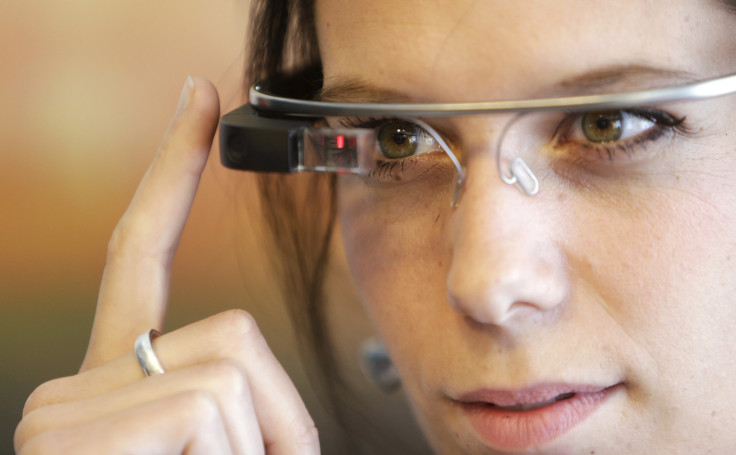The sound in your skull might be your next password

Biometric technology is quickly emerging as the go-to solution to improve digital security as a means of authentication. Fingerprint readers, iris scanners and voice recognition software — once the stuff of science fiction — are all gaining acceptance as the next generation of security by relying on data that makes each person unique, rather than information you know or have such as passwords, PINs and tokens.
Now, scientists in Germany are working on a system that uses the unique sound that comes from a user's skull to confirm your identity.
Dubbed "SkullConduct," the biometric system uses a modified Google Glass headset that plays a one-second-long audio clip through its speaker and then captures the sound your skull makes as sound passes through it. Since the shape of every person's skull is unique, the vibrations and frequency that come out can be tied to a specific person, similar to a person's fingerprints.
The researchers from Germany's University of Stuttgart, Saarland University and the Max Planck Institute for Informatics said they used a small sample size of 10 people to test the device so far. However, the system was able to identify the correct person with a 97% success rate.
"If recorded with a microphone, the changes in the audio signal reflect the specific characteristics of the user's head," the researchers' report reads. "Since the structure of the human head includes different parts such as the skull, tissues, cartilage, and fluids and the composition of these parts and their location differ between users, the modification of the sound wave differs between users as well."
The technology, which is still in the research stage, does show promise for authentication since it does not require you to remember anything and is much harder for hackers and digital thieves to fake.
However, it does have a few hurdles to overcome before it can be accepted as a viable security option. The device would need to cope with background noise to accurately capture a skull's frequency, which has not been considered in the current prototype. It also currently uses white noise as the trigger sound that could be irritating to users. However, researchers say this could be replaced with a short music clip or a jingle.
The innovative system joins other interesting biometric security solutions currently in development including options that use vein patterns, brain waves, ear shape and walking gait to verify whether we are who we claim to be.
The team will present its work on the SkillConduct at the Conference for Human-Computer Interaction in San Jose, California in May.
© Copyright IBTimes 2025. All rights reserved.





















